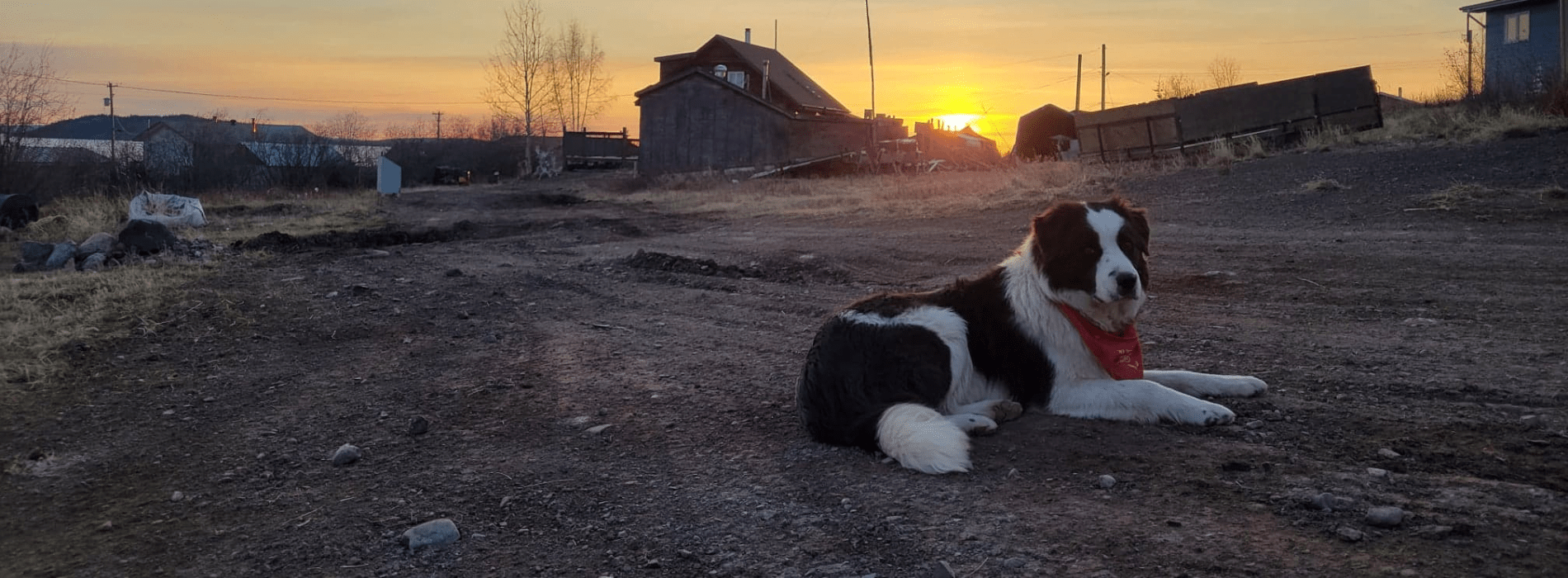Avian Influenza Overview: What You Need to Know and Where to Learn More
In this article, wildlife health specialist and VWB/VSF Board Member, Jolene Giancinti (BHSc, DVM, PhD) answers common questions and reviews best practices around Avian Influenza Viruses (AIVs). The goal is to provide you with a technical overview and spark your interest in learning more.





